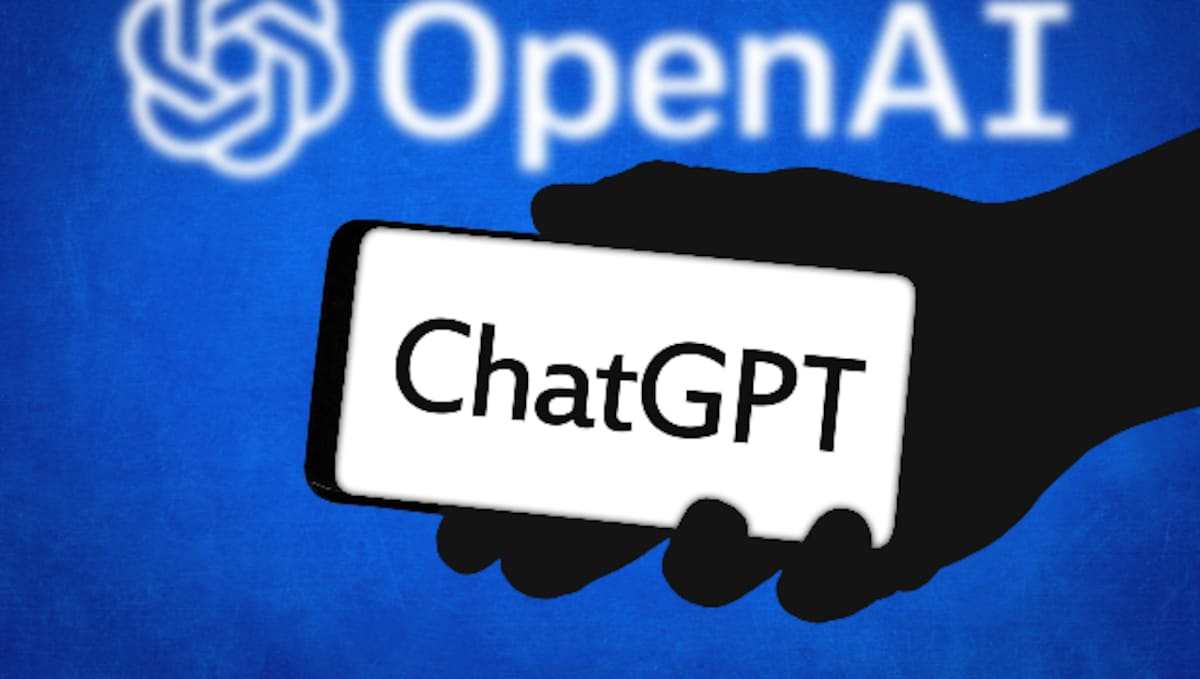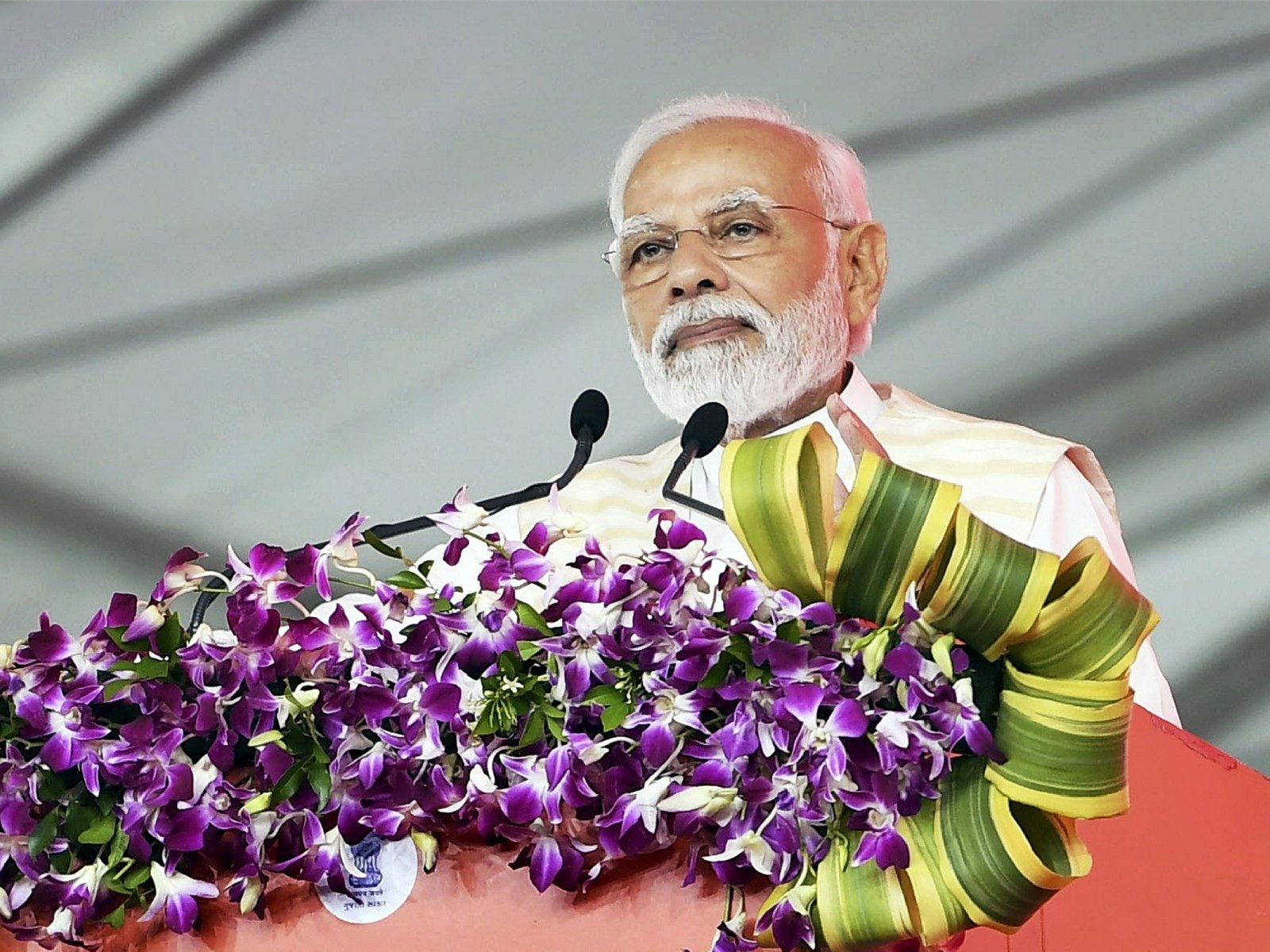Sam Altman visits India, praises PM Modi: Sweet talk to get things done seems a good strategy with Modi
Sam Altman, OpenAI CEO visited India met PM Modi and attended a seminar at IIT, Delhi spreading his message about AI and ChatGPT’s global regulation

Sam Altman visits India and meets PM Modi
After visiting OpenAI CEO Sam Altman in the capital of the country, Prime Minister Narendra Modi declared that artificial intelligence (AI) has a significant potential to improve India’s tech sector, especially within the younger generation. He continued by saying that they are open to any partnerships that help hasten the digital transformation of India for the benefit of its people. The International Atomic Energy Agency (IAEA), that strives to encourage the safe utilization of nuclear energy, was compared to the OpenAI blog in May, which argued that greater rules are required to oversee AI.
One of the main topics of conversation when OpenAI CEO Sam Altman and Prime Minister Narendra Modi met on the morning of Thursday was the need for global legislation to stop the spread of potent AI models like ChatGPT.

According to Sam Altman, CEO of OpenAI, India has embraced ChatGPT to a great extent as seen by the excitement and early adoption of the AI chatbot. Altman discussed India’s position in the AI revolution, the effect of AI on employment opportunities, the ChatGPT customer base in the country of India, and the manner in which the government could capitalize on the most of the cutting-edge technology while on his current visit to the country.
Altman suggested that the Indian government concentrates on integration of AI along with additional services while discussing how the government could embrace AI.
He claimed that what India has accomplished with respect to of national technology and assets is quite amazing. However, the government ought to concentrate on figuring out how to incorporate this sort of technology into various other programs. He continued by saying that he hopes everyone will begin to adopt Language-Learning Models (LLMs) to significantly improve services provided by the government.
When questioned if India should establish its own substantial LLM, Altman responded that some form of research endeavor is crucial. According to him, there must be AI research initiatives for developing LLMs from scratch, researching new research avenues, or optimizing open-source systems. A national AI initiative seems like an excellent idea.

Altman stated that GPT-4 is quite strong with among the top 100 languages and he asserted that they are going to continue pushing it ahead when discussing training ChatGPT for multilingual marketplaces such as India. Local languages, however, are hard to find since very few individuals speak them. But eventually, systems will be inherently proficient in these areas.
According to Altman, the business is preparing to improve on making ChatGPT smarter and teach it to generate original ideas in the not-so-distant future. He continued by saying that they would lessen hallucinations and offer consumers more autonomy and greater control so that they would not feel that the technology is in any way prejudiced.
After visiting Europe, Altman is currently traveling quickly through Israel, Jordan, Qatar, the United Arab Emirates, India, and South Korea. He stated he is pleasantly pleased by how enthusiastically nearly all of the world’s leaders are considering this (a regulatory agency like the IAEA). He expressed optimism that they surely would accomplish something. He claimed that people were frequently astounded by the caliber of Indian startups. They want to invest in Indian businesses because of their enthusiasm. He said that they have held some discussions about how and which startups to finance in India.

Rajeev Chandrasekhar, the Union Minister for Electronics & Information Technology (MeitY), stated that India, which is expected to submit the initial version of the Digital India Bill by June, has its own opinions on AI. Unless there is a connection between an invention and user damage, they are unlikely to forbid anything. They aim to set the pace for Web 3.0 and AI—with clearly laid out boundaries. The minister had stated last month that he was not a huge supporter of regulators in terms of believing that they shouldn’t add an additional layer of compliance.
When speaking at the Digital India Dialogues event at IIIT Delhi, Altman revealed details of his encounter with Modi. He claimed that the discussion with PM Modi was wonderful since Modi was enthusiastic and committed about Artificial Intelligence. He stated that they discussed the prospects before the nation, what the nation ought to undertake, and why it was important to consider global legislation to avoid some of the disadvantages from occurring. Altman stated during a meeting at the IIIT-D, “It was a great hour.”
Altman claimed that he was extremely pleased with the encounter, describing it as “great and fun.” He admired Modi’s zeal and deep insights into the benefits of AI. Altman also questioned Modi why India has adopted ChatGPT, OpenAI’s AI chatbot, so enthusiastically and early on, and Modi delivered excellent responses.
PM Modi and Sam Altman discussing AI and ChatGPT in-depth and intelligently seems to be beyond the realm of possibility. It seems more likely that Altman made a purposeful decision to pretend to be interested and amused in order to present Modi and India in a positive light. His admiration of the meetings and sweet talk appears to be a strategy for keeping PM Modi on his side as he becomes aware of the enormous amount of power he currently wields over the country. Altman hopes that ChatGPT will succeed in India and it will benefit him to support Modi and praise him.
He is aware that making an effective positive impression and striking up a rapport with PM Modi may lead to better prospects and useful contacts. Additionally, the entire country’s billionaires have benefited from having Modi as a friend, as the entire world has witnessed! Altman seems to be following the same path.

Published By Naveenika Chauhan




